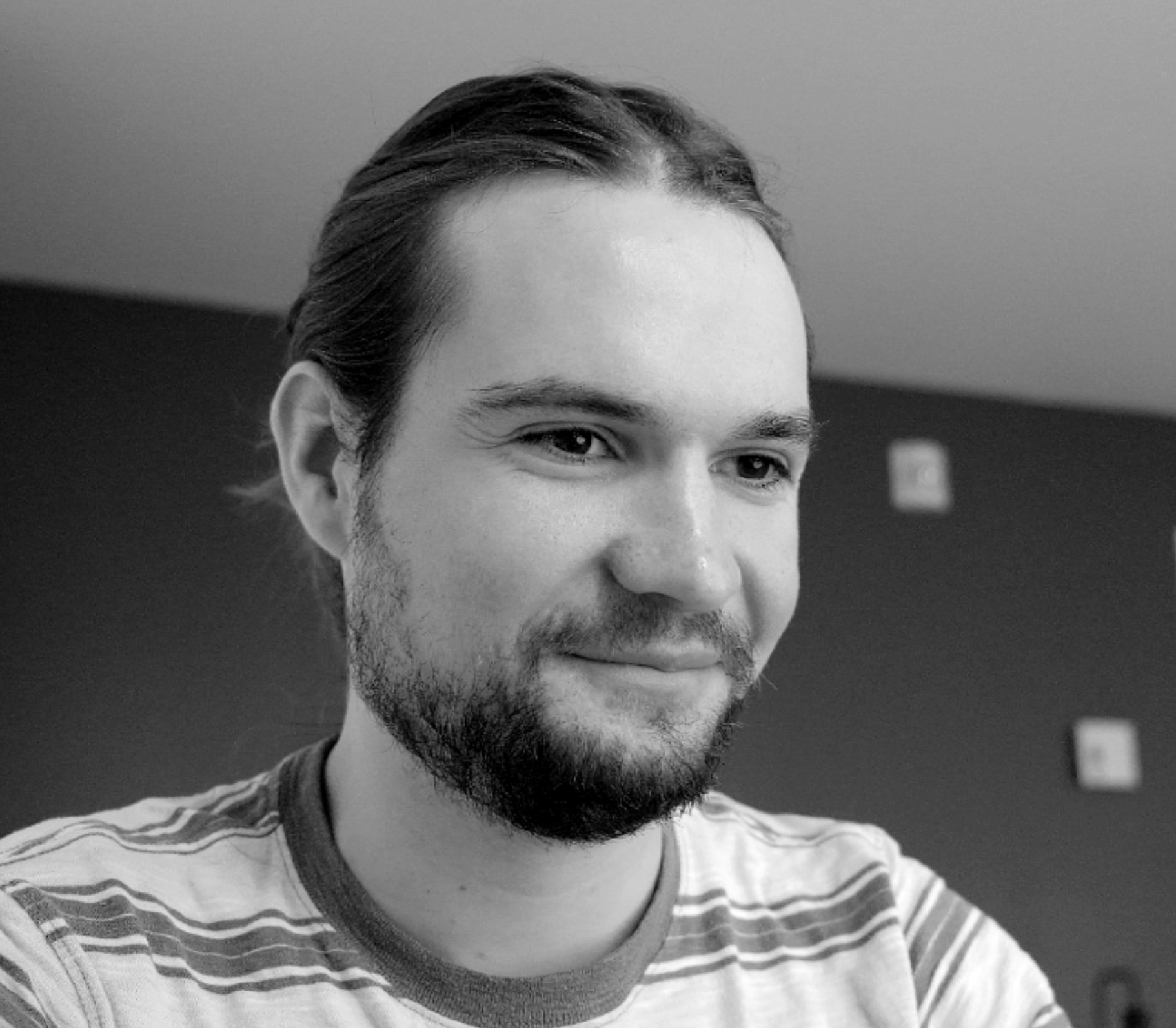How to explain career gap due to relocation and burn-out?
Asking on behalf of my wife:
I feel burnt out and anxious at my current firm due to a lot of responsibilities and work-load, and my husband has also relocated to another country. My mental and physical health is also not at its best.
Due to the above, I have almost no motivation to continue my current job. I am working there only for the pay. My current job also leaves little time for interview preparation. I also end up spending a lot of my time managing my loneliness and anxiety.
I really want to quit and relocate with my husband and find a job in the new country, but the current job market is very scary. I am not confident of being abl to find a job in this tough economy.
Should I quit? Also if I do quit, it might take me some months to find a job, or even a year. I could upskill myself during that time and work on personal projects, but how would I explain that career gap in my resume?
Discussion
(4 comments)- 3
 2 years agoRyan KuckTeam Lead (people manager) at Mistplay
2 years agoRyan KuckTeam Lead (people manager) at MistplayAlso just wanted to add Re: getting a new job, Taro is a great community for support when getting a job (see the new accountability slack channel), plus videos to build skills, and Q&A with advice, so I’m sure with that support you can get another job within a year.
- 2
 2 years agoRyan KuckTeam Lead (people manager) at Mistplay
2 years agoRyan KuckTeam Lead (people manager) at MistplayI have a 1.5 year gap on my resume and got my current job and plenty of interviews with it at startups and big tech. You can actually list Career Break with dates and no other context needed on your resume. If asked you can say, “it’s personal” and keep it at that. If someone doesn’t respect your boundaries in the interview you don’t want to work for them. Focus on all your achievements which it sounds like there are a lot given the high degree of responsibility.
If you can budget out how things will be OK without a salary for a year then I wouldn’t think twice about quitting. Your health is priceless, so the only reason not to quit is if it would get worse by not having food/shelter.
- 22 years agoAlex ChiouTech Lead @ Robinhood, Meta, Course Hero
As Ryan mentioned, your personal well-being always comes first. If the job is sapping your strength, just take the break for at least 1 month.
That being said, a job's a job, especially in this economy. If you think there's the possibility a break might make you refreshed and actually want to come back to your current job, then explore taking unpaid leave (talk to your manager).
Otherwise, just quit (assuming your finances can handle it) and take whatever time you need to feel better and discover more passions you genuinely love.
When it comes to career gap, the stigma around them has lessened over the past 10 years I feel like, especially with the recent layoffs. Many people might just assume you were laid off and not even question it. I have seen many, many good engineers come back from 6-24 month career breaks.
There's a great similar discussion here: "How to properly take career break after layoff?"
- 29 months agoRahul PandeyTech Lead/Manager at Meta, Pinterest, Kosei
Sorry you're going through a difficult time at work. Your health should always be a top priority, so if your physical and mental well-being is suffering, you should aggressively take action to leave this job.
With that said, we need to be pragmatic about the impact of your decisions on your career. Here's how I think about it:
- It's easier to find a job when you have a job. Could you take a break from your job to recover while still technically employed? Either take a sabbatical or an extended vacation. I'm not sure what country you're in, but in the US, there's something called FMLA (Family and Medical Leave Act) that your employer must provide you.
- Just start interviewing, even if you don't feel ready. Many engineers I talk to have a mental block to start interviewing. Don't fall into this trap. Instead, just go ahead and accept any interview when you get the chance, even if it's for a company you don't care about as much. Having an interview on the schedule is very clarifying for your preparation, and you may realize that the job search is not as difficult as you make it out to be.
- Accept that you may not achieve as much at work, since you're allocating more of your time to interview prep. You don't need to exceed expectations right now at work -- your priorities are elsewhere. (See the productivity course for tips to get more done.)
- Finally, if you do decide to quit without anything lined up, you'll be ok! All things considered, the software industry is quite forgiving when it comes to career breaks relative to other jobs. Even if you have an extended gap, you can leverage your network and build things on the side to show that you're keeping up to date.
If you have a career gap on your resume, keep this principle in mind: you are in control of the story you tell others. Example:
- ❌ Bad: I really disliked my old manager and frankly couldn't keep up with the workload, so I quit.
- ✅ Good: After X years on the job, I could tell that I wasn't as interested in the work, and the company stopped growing. I thrive in high-energy environments where I'm excited by the work, so I've spent some time investing in that.